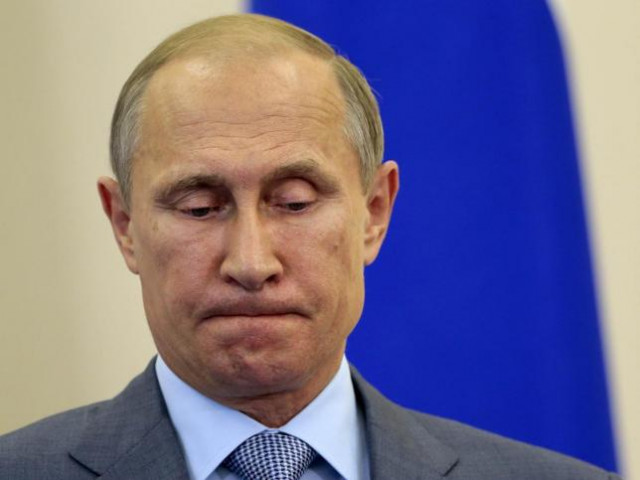Putin 'probably approved' murder of Russian ex-spy: UK inquiry
Litvinenko was poisoned at a London hotel in 2006 by a cup of tea laced with polonium-210

PHOTO: REUTERS
"The FSB (Russian security agency) operation to kill Litvinenko was probably approved by Mr Patrushev and by President Putin," judge Robert Owen said in his 300-page report.
Putin names United States among threats in new Russian security strategy
Patrushev is a former director of the FSB, the successor organisation to the KGB, who has been a key security minister since 2008.
Litvinenko was poisoned at a London hotel in 2006 by a cup of tea laced with polonium-210 -- an extremely expensive radioactive isotope only available in closed nuclear facilities -- in a sequence of events which could have come from a Cold War thriller.
The original police investigation led British prosecutors to demand the extradition from Russia on murder charges of Andrei Lugovoi, a former Kremlin bodyguard who had tea with Litvinenko at the Millennium Hotel in London's upmarket Mayfair area.
The latest inquiry has also focused on Lugovoi's friend and associate Dmitry Kovtun, a former Soviet soldier and businessman who was also at the meeting in the hotel with Litvinenko.
Russian officials get quirky holiday gift: a book of Putin's one liners
"When Mr Lugovoi poisoned Mr Litvinenko it is probable that he did so under the direction of the FSB," Owen concluded.
"I would add that I regard this as a strong probability. I have found that Mr Kovtun also took part in the poisoning.
"The open evidence that I have set out above establishes a strong circumstantial case that the Russian state was responsible for Mr Litvinenko's death," he added.



















COMMENTS
Comments are moderated and generally will be posted if they are on-topic and not abusive.
For more information, please see our Comments FAQ